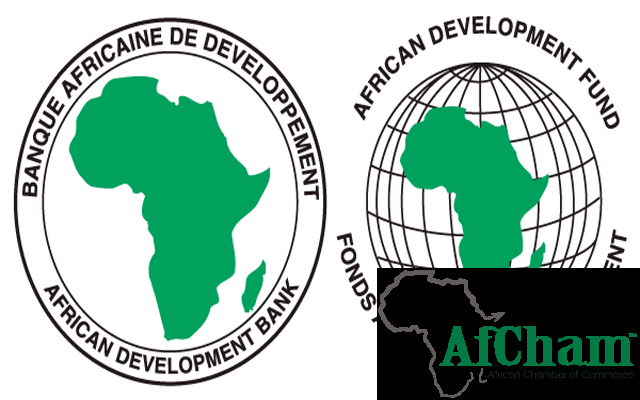The African Development Bank together with the government of Cote d’Ivoire this week held discussion on the country’s water sector.
The event took place during the World Water Day on March 22, 2016 in Abidjan. It was led by Louis-Andre Dacoury-Tabley, the Minister of Water and Forests, and Anne Ouloto, the Minister for Urban Safety and Sanitation. Also present was Jean-Michel Ossete, Coordinator of the African Water Facility (AWF), an initiative hosted and managed by the African Development Bank, among others.
They deliberated at length on the role of water in job creation, in line with this year’s World Water Day theme, Water and Jobs.
Discussions focused on Integrated Water Resources Management (IWRM) in urban areas. Minister Dacoury-Tabley outlined the many challenges faced. “We are facing major challenges and IWRM represents the most adapted way to address them. Ivory Coast is fully engaged in IWRM, gradually moving from sectoral management to integrated management. The time has come to put IWRM at the center of the land use planning,” he said.
The African Development Bank demonstrated its experience in IWRM in a film on rehabilitation of the Gourou watershed in Abidjan. About 800 direct jobs and 2,300 indirect jobs have been created as part of the works for rehabilitation of the watershed. Previously, inhabitants were victims of a heavy and anarchic urbanization, and poor management of solid waste. They were therefore facing heavy and repeated flooding, an insalubrious environment and the stilting of the Ebrie Lagoon.
Jean-Michel Ossete, Coordinator of the AWF, noted that the Bank’s projects included a strong job creation component. “At the African Development Bank, we facilitate the conditions for job creation, while keeping with our goal to ensure inclusive development and green growth in Africa,” he said.
He added: “The action of the Bank is not limited to infrastructure development; we also seek to include labour force in our development schemes. For instance, when we consider an agricultural water project, on top of the irrigated perimeters dedicated to private sector operators, we try to make sure that we provide land for family-run farming or for young people ready to invest in agriculture,” he added.
Millions of people working in the water sector are often not recognized or protected by basic labour rights. Today, almost half of the world’s workers – 1.5 billion people – work in water-related sectors and nearly all jobs depend on water and those that ensure its safe delivery. The 2016 World Water Day theme focuses on how the quantity and quality of water can change workers’ lives and livelihoods.

